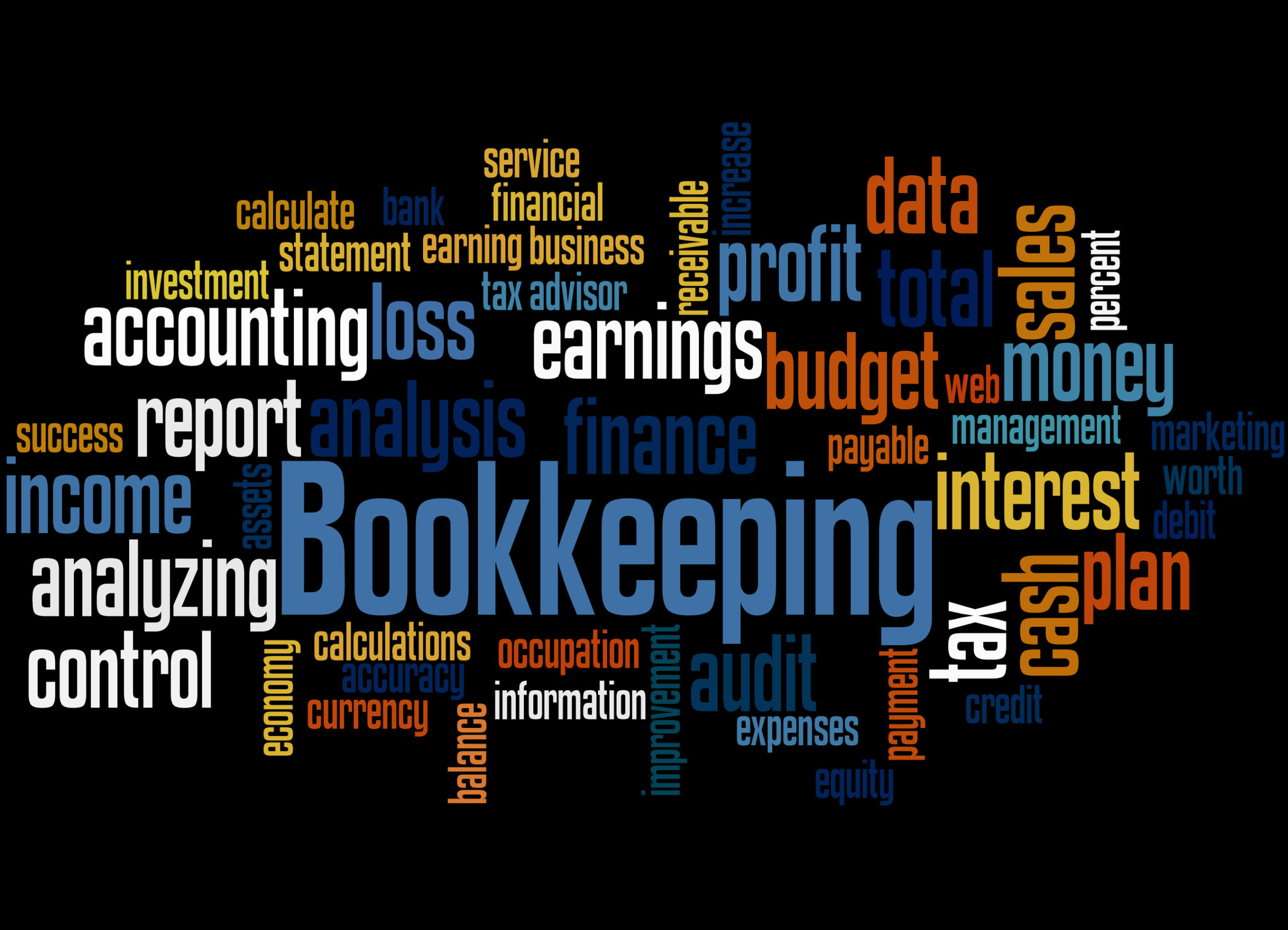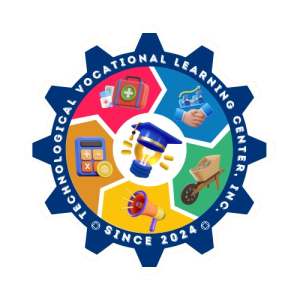TVLC (Technological Vocational Learning Center)
Company Overview
The Technological Vocational Learning Center (TVLC) is a institution dedicated to providing high-quality vocational education and training in cutting-edge technological fields. Established with a mission to bridge the skills gap in the workforce, TVLC offers a wide range of programs designed to equip students with the practical, hands-on skills needed to succeed in today’s fast-paced, technology-driven industries.
TVLC’s curriculum is crafted by industry experts and focuses on real-world applications, ensuring that students are not only learning theoretical concepts but are also gaining the experience necessary to thrive in their chosen careers. From information technology and electronics to automotive technology and advanced manufacturing, TVLC’s programs are tailored to meet the current and future needs of the job market.
With state-of-the-art facilities and a team of highly qualified instructors, TVLC provides a dynamic learning environment where students can explore, innovate, and grow. Our commitment to excellence is reflected in our small class sizes, personalized learning paths, and strong connections with industry partners, which help to ensure that our graduates are job-ready and highly sought after by employers.
Whether you are a recent high school graduate, a career changer, or a professional looking to upgrade your skills, TVLC offers flexible learning options, including full-time, part-time, and online courses, to accommodate your unique needs and help you achieve your career goals. At TVLC, we are dedicated to empowering our students to lead, innovate, and excel in the ever-evolving world of technology.
Mission Statement
"Our mission is to empower individuals with the practical, industry-relevant skills and knowledge needed to excel in today's technology-driven world. We are committed to providing accessible, high-quality vocational and basic education that fosters innovation, supports lifelong learning, and bridges the gap between education and employment, ultimately contributing to a skilled and adaptable workforce."
Vision Statement
"To be a global leader in vocational and basic education, empowering individuals with cutting-edge technological skills that drive innovation and shape the future of industries, fostering a workforce that is adaptable, skilled, and ready to meet the challenges of tomorrow."
Technological Vocational Learning Center (TVLC) Core Values
- Excellence
We strive to deliver the highest quality of education and training to empower learners with the skills needed to excel in their chosen fields.
- Innovation
TVLC embraces the latest technological advancements and teaching methodologies to ensure our students are equipped with cutting-edge knowledge.
- Integrity
We foster a culture of honesty, accountability, and transparency in all our operations, ensuring trust among students, staff, and partners.
- Inclusivity
We believe in providing equal access to education for all, regardless of background or circumstances, creating a supportive and diverse learning environment.
- Collaboration
TVLC values partnerships and teamwork, working with industry experts, government, and community organizations to create impactful learning opportunities.
- Lifelong Learning
We are dedicated to promoting continuous learning and personal development, encouraging students to pursue education beyond the classroom.
- Social Responsibility
TVLC is committed to contributing to the betterment of society by providing education that empowers individuals to make positive changes in their communities.
PRODUCT AND SERVICES
The Technological Vocational Learning Center (TVLC) can offer a range of products and services tailored to meet the diverse needs of its target market. Here's a breakdown of potential products and services:
1. Vocational Training Programs
- Description: Comprehensive, hands-on training courses designed to equip students with practical skills in specific technological fields.
- Examples:
- Information Technology (IT) Programs: Covering areas like network administration, cybersecurity, web development, and software engineering.
- Electronics and Electrical Technology: Courses in circuit design, automation systems, and electrical installation.
- Automotive Technology: Training in auto repair, diagnostics, and hybrid/electric vehicle technology.
- Welding and Fabrication: Instruction in various welding techniques and metal fabrication processes.
- Office Work – Bookkeeping Admin
- Language
- Construction
- Others like housekeeping, Beauty Care, Bread and Pastry
2. Certification and Licensing Courses
- Description: Short-term courses designed to prepare students for industry-recognized certifications and licenses.
- Examples:
- TESDA RAC Technician Certification: Training to achieve certification in heating, ventilation, and air conditioning.
3. Online Learning and E-Learning Platforms
- Description: Digital learning platforms offering remote access to TVLC’s courses and training programs.
- Features:
- Virtual Classrooms: Live online classes with interactive elements.
- Self-Paced Modules: Pre-recorded lectures and materials that students can access anytime.
- Online Certification Exams: Testing services that allow students to earn certifications remotely.
-
4. Corporate Training and Workforce Development
- Description: Customized training programs designed for businesses looking to upskill their employees or onboard new hires in technical roles.
- Examples:
- Safety and Compliance Training: Industry-specific training to ensure compliance with safety regulations.
5. Apprenticeship and Internship Programs
- Description: Structured programs that combine classroom instruction with on-the-job training, allowing students to gain real-world experience while they learn.
- Features:
- Partnerships with Local Businesses: Collaboration with companies to provide placement opportunities for students.
- Mentorship Programs: Pairing students with experienced professionals for guidance and skill development.
6. Career Counseling and Job Placement Services
- Description: Support services aimed at helping students transition from training to employment.
- Features:
- Resume Building and Interview Coaching: Workshops and one-on-one sessions to prepare students for job searches.
- Job Fairs and Networking Events: Events that connect students with potential employers.
- Placement Assistance: Dedicated staff to help students find job opportunities in their field of study.
7. Continuing Education and Professional Development
- Description: Ongoing learning opportunities for professionals looking to update their skills or gain new knowledge in their field.
- Examples:
- Leadership and Management Training: Courses designed for those looking to move into leadership roles within technical fields.
8. Workshops and Seminars
- Description: Short, focused learning sessions on specific topics of interest.
- Examples:
- Entrepreneurship in Tech: Workshops that guide aspiring Bookkeeper on how to monitor business financial aspects .
TARGET MARKET
The target market of the Technological Vocational Learning Center (TVLC) would include a diverse group of individuals and organizations looking to gain or enhance skills in various technological and vocational fields. Here’s a breakdown of the potential target market:
1. High School Graduates
- Description: Young individuals who have recently completed high school and are seeking practical skills to enter the workforce directly, without pursuing traditional college degrees.
- Needs: Hands-on training, job placement support, and industry-recognized certifications that can lead to immediate employment.
2. Career Changers
- Description: Adults who are looking to switch careers or industries, particularly those transitioning from declining job sectors to more technologically advanced fields.
- Needs: Flexible learning schedules, fast-track programs, and retraining opportunities to quickly gain new skills and credentials.
3. Technicians and Skilled Workers
- Description: Individuals already employed in technical or vocational fields who need to update their skills or acquire new certifications to advance in their careers.
- Needs: Specialized courses, upskilling programs, and certification renewal classes that align with industry standards and technological advancements.
4. Employers and Businesses
- Description: Companies looking to improve the skills of their current workforce or to train new employees in specific technical areas.
- Needs: Customized corporate training programs, partnerships for employee development, and industry-specific training solutions.
5. Unemployed Individuals
- Description: People who are currently unemployed and seeking to gain marketable skills that will improve their job prospects, particularly in industries with high demand for skilled workers.
- Needs: Affordable, accessible training programs, job placement assistance, and guidance on entering new fields.
6. Recent College Graduates
- Description: Graduates with degrees in non-technical fields who want to gain practical, technical skills to enhance their employability or pivot to technology-related careers.
- Needs: Short-term certification programs, practical training, and career counseling to complement their existing education.
7. International Students
- Description: Individuals from other countries seeking vocational training in a technologically advanced learning environment, either to gain employment in their home country or to work internationally.
- Needs: Programs that offer international certifications, English language support, and pathways to work visas or internships.
8. Government and Non-Profit Organizations
- Description: Agencies and non-profits focused on workforce development, community outreach, and providing educational opportunities to underrepresented or disadvantaged groups.
- Needs: Partnership opportunities, grant-funded training programs, and initiatives aimed at reducing unemployment and improving economic mobility.
9. Continuing Education Seekers
- Description: Individuals who are lifelong learners interested in acquiring new skills or knowledge in specific technological areas, either for personal development or to stay current in their field.
- Needs: Flexible learning options, online courses, and part-time programs that can fit into busy schedules.
BUSINESS MODEL
The Technological Vocational Learning Center (TVLC) operates with a business model designed to provide high-quality vocational education while ensuring sustainability and growth. Here’s a detailed look at TVLC’s business model:
1. Revenue Streams
a. Tuition Fees
b. Certification and Licensing Fees
c. Corporate Training and Custom Programs
d. Government and Grants
e. Partnerships and Sponsorships
f. Product Sales and Licensing
2. Cost Structure
a. Personnel Costs
b. Facility and Equipment Costs
c. Marketing and Recruitment
d. Program Development and Delivery
e. Administrative Expenses
3. Value Proposition
a. High-Quality Education
b. Industry-Relevant Curriculum
c. Flexible Learning Options
d. Strong Industry Connections
e. Career Support Services
4. Key Partnerships
a. Industry Partners
b. Educational Institutions
c. Government Agencies
5. Customer Segments
. Individual Students
b. Businesses and Corporations
c. Government and Non-Profit Organizations
Key Achievements
At TVLC, we foster a culture of innovation, collaboration, and continuous improvement. We believe in empowering our employees to think creatively and challenge the status quo. Our commitment to sustainability is reflected in our operations, as we strive to minimize our environmental impact through eco-friendly practices.
Management Team
- Antonio T Biñas , President: plays a pivotal role in shaping and implementing the institution's educational programs. His expertise and leadership are focused on enhancing the quality of vocational training and ensuring that the center's programs remain aligned with industry standards and technological advancements.
- Orlando E. Cuartero : is a notable figure with expertise in technology and education. He is known for his leadership and contributions to the field of vocational training and technology education
- Sandra Labor: is a prominent figure in the field of education and vocational training. She is recognized for her contributions to advancing educational practices and her role in shaping effective learning environments. As a key member of the Technological Vocational Learning Center (TVLC), and brings extensive experience and expertise to her role.
-
Joselito T. Biñas is an influential leader in the areas of technology and education, specifically recognized for his expertise in vocational training and technology education. His contributions likely involve developing educational frameworks that prepare individuals for tech-centric careers, implementing innovative training methods, and supporting advancements in skill-based education.
-
Eric Biñas is a distinguished professional, recognized for his expertise in technology and education. As a member of the Board of Directors (BOD), he brings visionary leadership and valuable insights into the field of vocational training and technology education. His contributions focus on fostering innovation, developing industry-aligned training programs, and promoting skills development to empower individuals for the demands of a tech-driven world.
Contact Information
- Office Address: Block 9 lot 13 Saint Agnes St. Laforteza Subd. Brgy 175 Camarin Caloocan City.
- Phone: 8961-7263
- Cel. No.: 09929871284
- Email: tvlc.inc.24@gmail.com
- Website: tvlc.inc.24
Social Media Links

